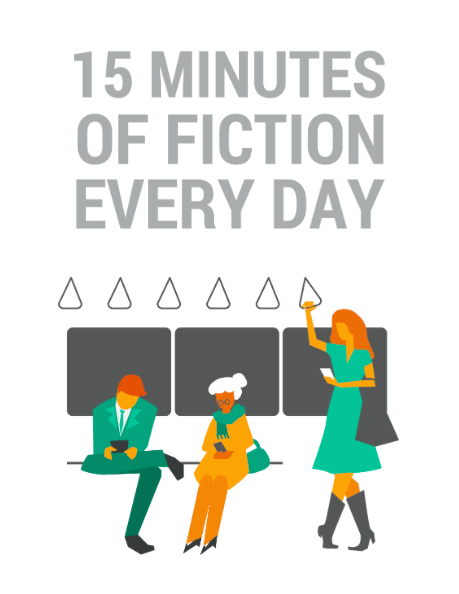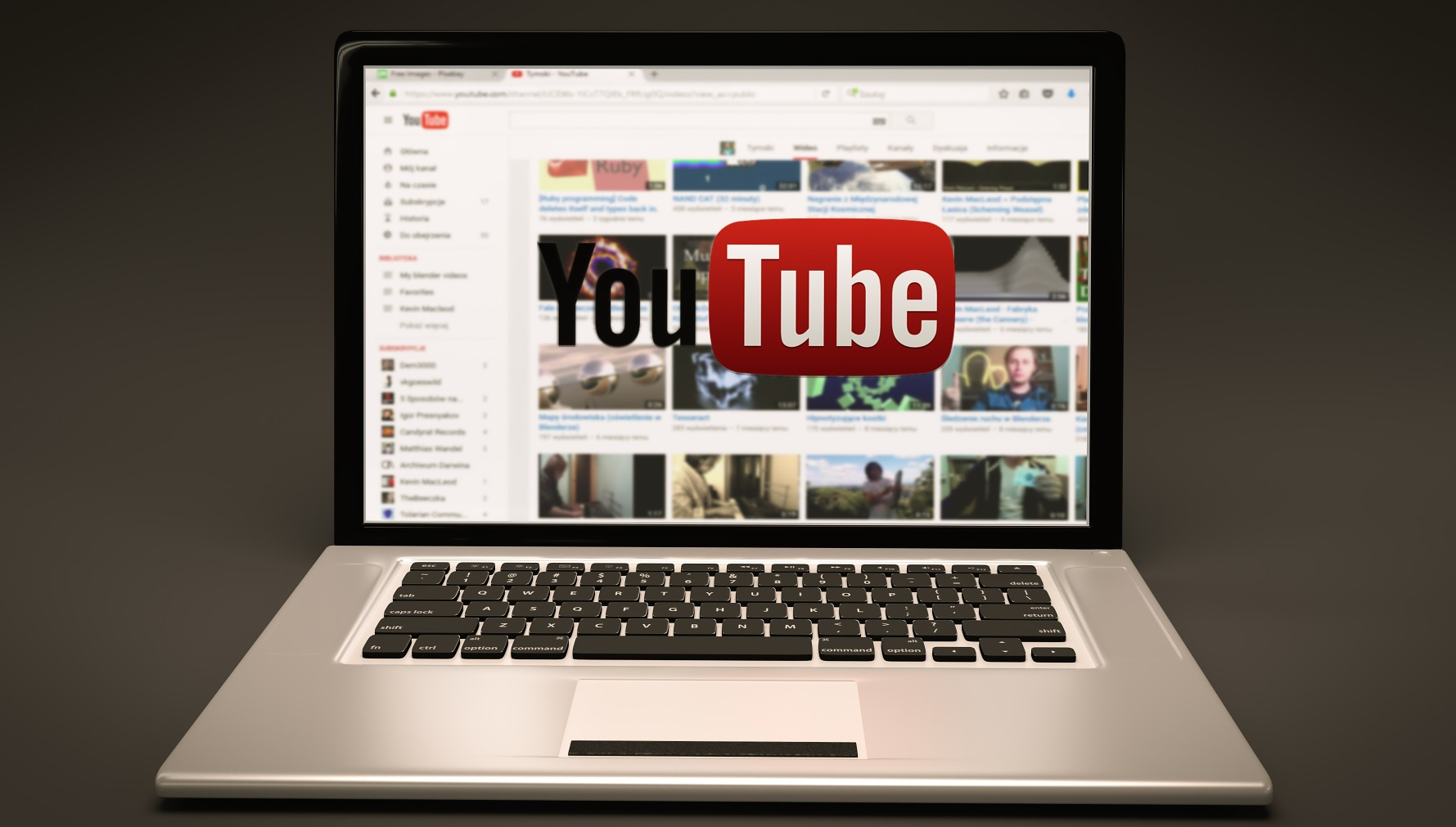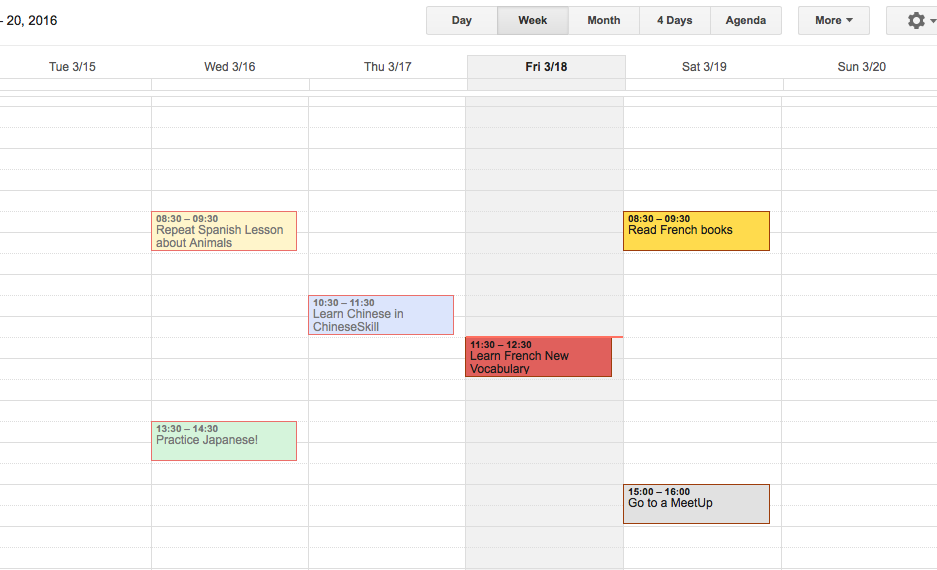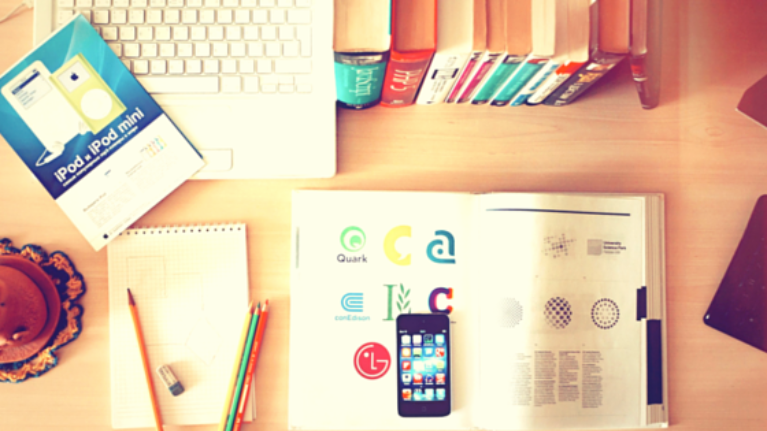So you’ve decided you want to gain a new skill, a very useful one – knowledge of a foreign language. Good for you!
Recent estimates show that globally there are now more people who are bilingual than monolingual. Knowing just one language is simply not enough. Learning a new language helps you to stand out in the ever increasingly competitive job market and can open up tons of amazing job opportunities. Here are tips and tricks to make your studying time better and more effective.
But how and where to start?
What methods should you use to make your learning most effective? How to learn in order not to get discouraged and overwhelmed but instead feel you’re making progress? In this article, I will try to guide you on how to make the best of your time for accelerated learning.
Let’s start.
Read literature in the original

The best and natural way of acquiring new vocabulary is to get it through reading literature. It’s learning in the natural surroundings – in the context. Even if you are a beginner you can benefit too- read one page at a time and you will quickly get a sense of the language, its common words etc. You can find many all time classics that are now in public domain. Go to gutenberg.org, goodreads or use the service called DailyLit. DailyLit lets you read the classics and great new fiction in short installments sent directly to your inbox.
Flashcards
Flashcards are a great tool to accelerate remembering vocabulary. The best way is to prepare flashcards yourself. The effort you put into the preparation of your own flashcards will greatly improve remembering their content.

The problem with physical flashcards, at least for some people, is that you have to keep track of the repetition cycles, what you have learnt and what is left all by yourself. It involves very good organisation of your learning routines. Nowadays, people often use mobile apps or websites that can do the job for them. It is useful when you don’t have to think about when the next revision is and when all the algorithms are hidden in the software. However, the more effort you put, the more likely you are to actually remember. If you create your own study materials you will learn better.
One of the first software for flash cards was Anki, which you download and install on your computer. Now it is also available as a mobile app. Others apps worth checking out are: Cram, Quizlet, StudyBlue or Memrise (with a SRS- spaced repetition system).
Make it a commitment
Once you’ve decided to learn a new language you have to be fully committed to it. You have to take a full approach; so no matter which language tools you use, you have to practice it every single day.
Your first priority is to set aside one hour a day for language practice.
Then, day by day it will add up, you will see the progress and you will be amazed how your understanding improves and you start to communicate in a new language.
If you attend a language course every week but then don’t practice on your own it won’t be effective. Intensity is the key for quicker results.
Embrace mistakes
One of the greatest barriers for people when learning a new language is the fear of making mistakes. But you should embrace mistakes, and you should definitely not feel ashamed, because practice means you are trying and people will acknowledge that.
We learn by making mistakes, so embrace them and you’ll learn much faster.
Find a native partner

Probably the most obvious way to learn a new language is to find someone that speaks the target language and also wants to learn yours in a language exchange. Both of you are motivated to learn each other’s language, and you’re both willing to help each other. You can find such motivated people on LinqQ, Papora or Busuu.
Talk to yourself
Another way of practicing the language you are learning is to practice while going about your day and repeating things in your mind.
Try to challenge yourself by thinking in a new language.
This will definitely help you remembering things. We often have monologues running in our heads, so use your mind to create and practice conversations. This will help you in developing your conversational skills.
Use technology

One of the best things to do when learning a new language these days is using learning apps. There are many resources such as Duolingo, Memrise and Babbel among many others. Using additional resources helps you in effective memorization of words and phrases by reading, hearing and practicing them. Check this article about the apps here> Top 6 Best Mobile Apps to Learn Languages Like a Boss and here -> 8 Amazing Platforms To Learn Languages For Free.
Have a pocket dictionary
When you are learning a new language you constantly encounter new words, term and phrases. Elements of language that you want to remember. Carrying a pocket dictionary or one on your phone will make a huge difference.
If you have it on your phone it is perfectly convenient, because it takes you less than 2 second to look something up. And because you’re using it actively, you’ll probably be more likely to remember these words.
Watch TV shows and movies

Learning a new language also involves listening and reading. So why not start watching TV shows and movies to get more familiar with the language you are learning. At the beginning it might seem impossibly hard because you probably don’t understand a single word and it’s all just a stream of unintelligible talk.
But please don’t worry as after some time you will surely feel the difference. Watching TV shows and movies helps you by getting used to sounds and melody of the language.
You can use Netflix if you like. But frankly speaking, there are so many videos on youtube, which you can watch for hours and for free. Good idea is to watch inspiring TED videos (mostly in English but subtitles in many languages are available).
Learn the core vocabulary
In order to successfully learn a new language, you first need to get used to and learn the core vocabulary.
Did you know that only 300 English words account for more than 65% of what you say every day?
In fact, there are numerous words you probably don’t know in your mother tongue (and will never use!) So you don’t need to know every single word, this will come along as you practice more. Focus on the essential vocabulary first to master it and the rest will come as you go along.
Use memory tricks
You can use memory techniques such as mnemonics to boost your learning. Mnemonics are memory aid techniques, which can help in memorizing numbers, dates, or facts using your imagination and rhymes. You can check some ideas here- > How to Improve Memory Power: 7 Proven Techniques.
Schedule it

To become better we should do it on a daily basis. So a good idea to remember to learn, is to schedule it. You use Google – you can use their free tool Google Calendar. You set a date, an event and a reminder. So simple.
Have fun
Last on this list but greatly important, learning new language is about enjoying and having fun. So whatever you do, whether learning on your own, or spending time with others, just make sure you have fun all the way through.
Now it is time for your creativity
Follow these tricks to make your learning more enjoyable and productive at the same time.

And how do you learn languages? What tips and tricks are good for you? It will be great to hear from you and learn new ways of learning!


